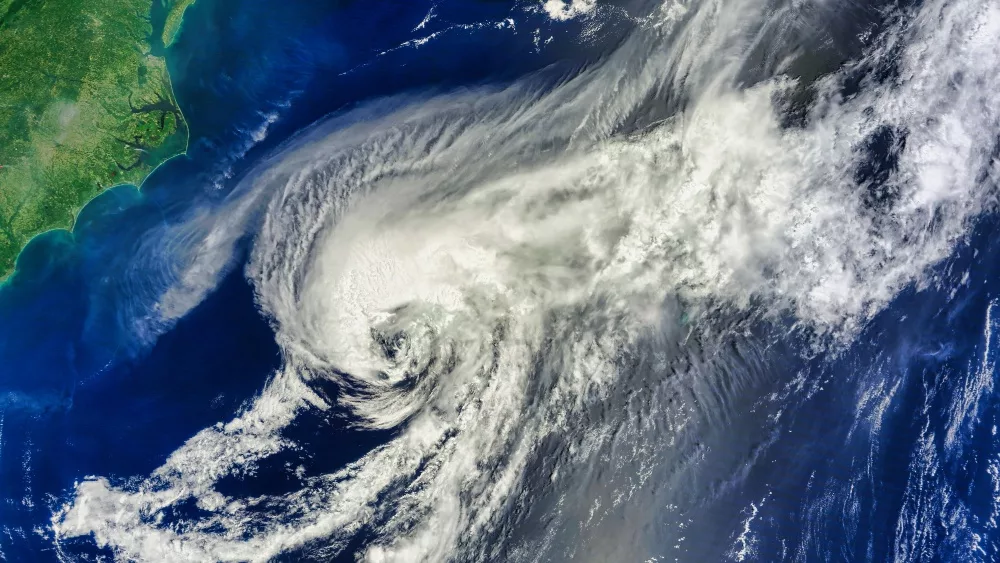At least four deaths have been confirmed as a result of Hurricane Debby, which made landfall today on Florida's Big Bend at 7 a.m. ET as a Category 1 hurricane with 80 mph winds. The National Hurricane Center said that Debby was downgraded at 11 a.m. on Monday to a tropical storm, but its affects still continue to ravage the state as it moves inland with flooding rain, damaging winds and a life-threatening storm surge.
Debby, which made landfall as a Category 1 storm, touched down near Steinhatchee about 7 a.m. ET with winds estimated at 80 mph. After landfall, power outages skyrocketed to more than 300,000 utility customers in the Sunshine State, according to PowerOutage.us.
Officials confirmed two deaths in Dixie County, Florida, as Debby approached the coastline: a 38-year-old woman and a 12-year-old boy, both from Crawfordville, were killed in a crash just before 9:30 p.m. Sunday on US Highway 19 after their car lost control and struck a guardrail. Additionally, a 13-year-old boy was also killed about 8 a.m. Monday after a tree fell on a mobile home in Levy County; and a fourth victim, a 64-year-old man from New Albany, Mississippi, died after the tractor-trailer he was driving on southbound Interstate 75 near the Tampa Bypass Canal lost control on the wet roadway, according to Florida State Troopers.
Forecasters continue to warn residents of life-threatening storm surges in Florida and major flooding across southeastern states, with downpours and flooding hitting Florida's Gulf Coast hard, with more than 10 inches of rain in some areas. Florida Gov. Ron DeSantis declared a state of emergency for 61 counties expected to be affected by the storm. In a statement, his office said that 3,000 National Guard members have been mobilized.
The slow-moving storm is expected to dump extreme amounts of nearly 2 feet of rain on parts of Georgia and South Carolina by mid-week, with the National Hurricane Center is forecasting “potentially historic rainfall” across southeastern Georgia and South Carolina through Friday, causing widespread flash flooding and life-threatening conditions.
Governors in Florida, Georgia and South Carolina have all declared a state of emergency, and DeSantis shared in a statement: “I think what’s going to make this much different than what we had with Idalia is it is going to move very slowly once it enters Florida – it’s going to be southern Georgia, northern Florida – and it is just going to drop an inordinate amount of water on the north-central Florida region."
Editorial credit: BEST-BACKGROUNDS / Shutterstock.com

